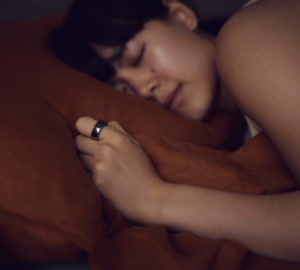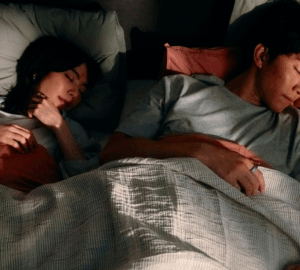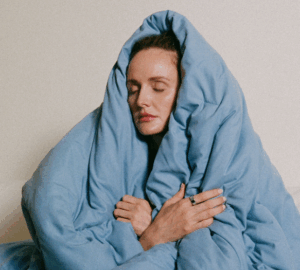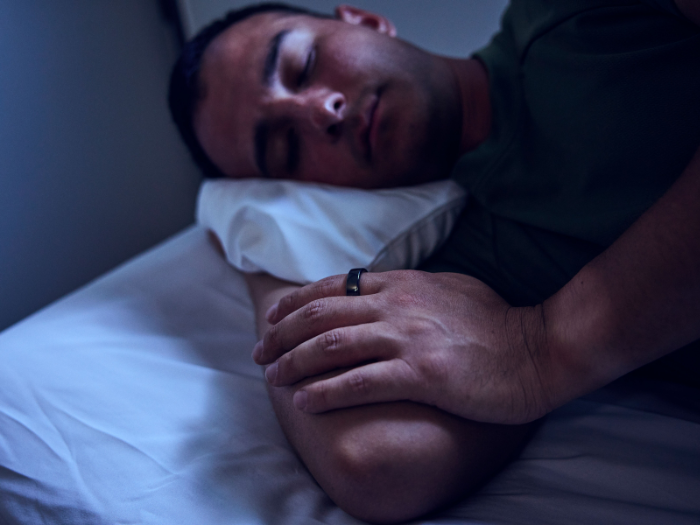If you hit snooze this morning, you’re not alone. A new study analyzing over 3 million nights of sleep found that more than half of all sleep sessions ended with a snooze.
While those extra minutes under the covers can feel like a gift, science says otherwise. “Snoozing the alarm is very common,” says Dr. Rebecca Robbins, sleep scientist and Oura advisor, who co-authored the study. “We have the idea that snoozing might help us get a bit more sleep—but this is one of the biggest myths. Unfortunately, what that first alarm does is interrupt some of the best stages of sleep.”
Because hitting snooze disrupts your most restorative sleep stages, it can lead to a phenomenon known as sleep inertia—that groggy, heavy-headed feeling that lingers long after you’ve left bed.
Read on for more discoveries from the new study, including just how common snoozing really is, how it affects your sleep quality, and a better way to wake up.
READ MORE: Why Do I Wake Up Tired? How to Feel More Alert in the Morning
3 Million Nights of Sleep: Snooze Stats Revealed
Using data from a sleep-tracking app, researchers analyzed over three million sleep sessions from 21,222 users across multiple countries, including the United States, United Kingdom, Japan, Australia, Germany, Sweden, and Brazil. Their goal was to understand how often people use the snooze button, and how it correlates with sleep habits.
Here’s what they discovered:
- Snoozing is common. 55.6% of sleep sessions ended with at least one alarm snooze.
- Snoozers often snooze multiple times. On average, users hit snooze 2.4 times per morning, totaling 11 minutes of extra time in bed. For heavy snoozers, that jumps to 4 times, equalling 20+ minutes of fragmented sleep.
- Snoozing varies by gender. Women were more likely to snooze and spent longer doing so—averaging 2.5 snoozes and 11.5 minutes, compared to 2.3 snoozes and 10.2 minutes for men.
READ MORE: Oura Member Data Reveals Gender Differences in Sleep, Stress, and Activity Levels - Snoozing also varies by country: People in the U.S., Sweden and Germany had the highest snooze button use, while those living in Japan and Australia had the lowest.
- Longer sleep = more snoozing. Surprisingly, the more you sleep, the more likely you are to hit snooze. Those who slept 10–11 hours used the snooze alarm up to 7 times, compared to just 2–3 times for those sleeping under 7 hours.
- Late sleepers snooze more. People who went to bed later than usual were far more likely to rely on the snooze button. In contrast, those who went to bed earlier than their norm snoozed less.
- Weekdays are peak snooze territory. Unsurprisingly, snoozing spiked Monday through Friday—likely due to fixed start times for work and school—and dipped on weekends.
Why Hitting Snooze Might Sabotage Your Sleep
While pressing snooze may feel harmless, sleep experts say it’s not doing you any favors.
After that first alarm goes off, your body is likely in the middle of REM or deep sleep—stages that support memory consolidation, mood, and cognitive function. Fragmenting them with multiple alarms can leave you groggier, not more rested. This is what’s known as sleep inertia—the sluggish, foggy feeling that lingers after disrupted or insufficient sleep.
That’s why Dr. Robbins recommends a different approach: set your alarm for the last possible time you need to wake up, and then commit to getting out of bed.
“It can be challenging,” she says, “but think of something that gets you excited to start your day. Whether it’s making your morning coffee, walking your dog, or another small ritual—find a reason to rise.”
Dr. Robbins’ 5 Tips to Stop the Snooze
To support better sleep and more alert mornings, consider these evidence-backed snoozeless strategies:
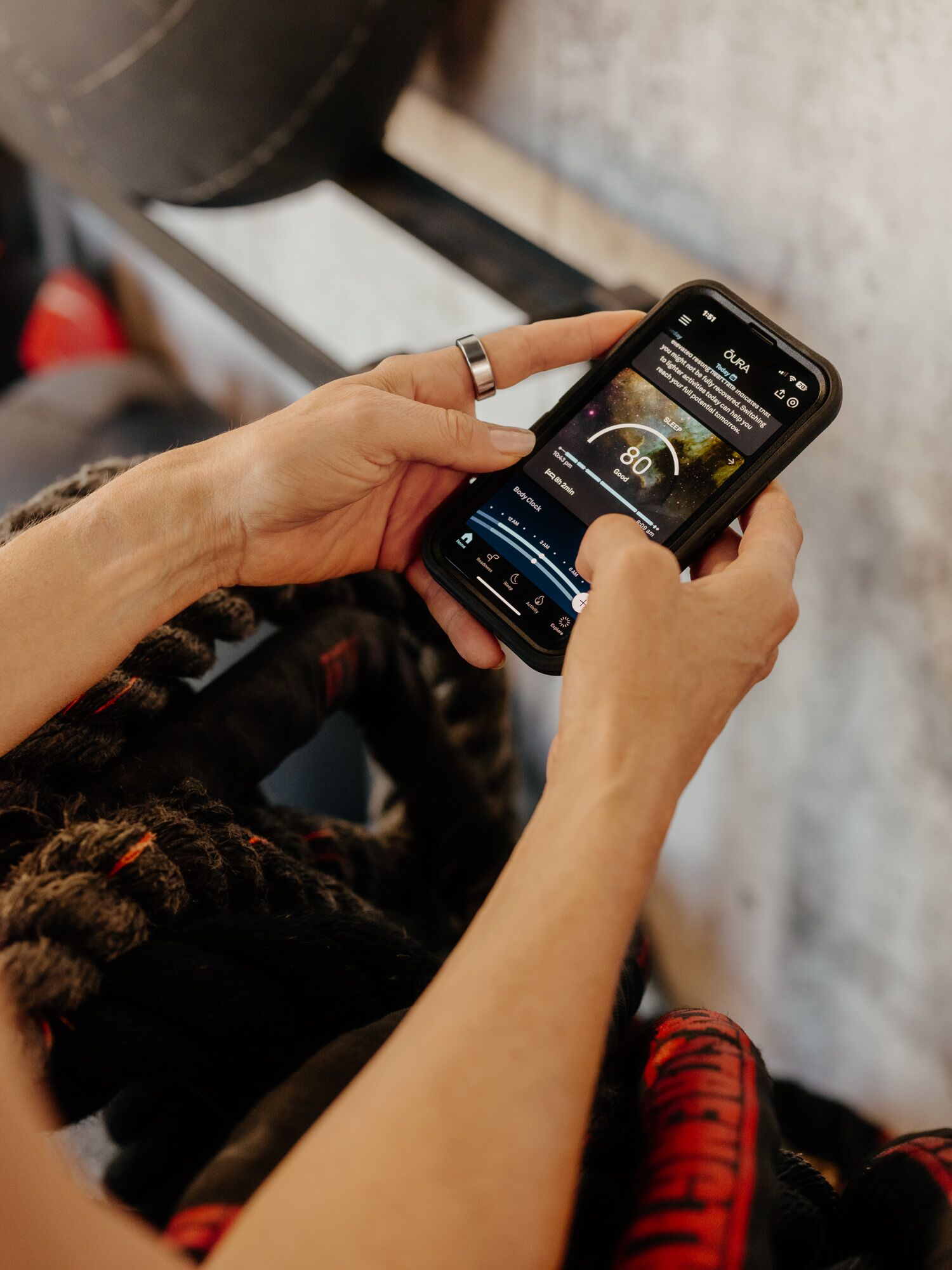
1. Stop chasing “just five more minutes.”
Each snooze triggers a new sleep cycle that you don’t have time to finish, leading to fragmented, low-quality rest. Commit to not using the snooze button; instead, set your alarm for the latest possible time so you can optimize the time you can spend sleeping in one consolidated block of time.
2. Stick to a consistent bedtime.
The study found that going to bed later than usual increases your likelihood of giving in to a snooze. Keeping a regular sleep schedule helps you wake more naturally and reduces morning grogginess.
3. Scan your data.
If you rely heavily on snoozing, your body might be telling you it’s not getting enough rest. Aim to get 7-9 hours sleep each night. If you see on Oura that you’re getting 10-11 hours or more and still feel groggy in the morning, focus on sleep hygiene, an earlier bedtime, and avoiding the snooze button.
4. Set a morning cue.
Even something small—like your favorite song being your alarm noise, a sunrise lamp, or a coffee machine with some coffee ready to brew—can help you transition out of sleep with more intention and less resistance.
5. Start with a countdown.
When your alarm goes off, try counting down from 5—then launch yourself out of bed like a rocket. It sounds simple, but this technique helps override hesitation and commands action before the snooze temptation takes over.
RELATED: Oura Member Data Reveals Geographies With Greatest Health Gains







